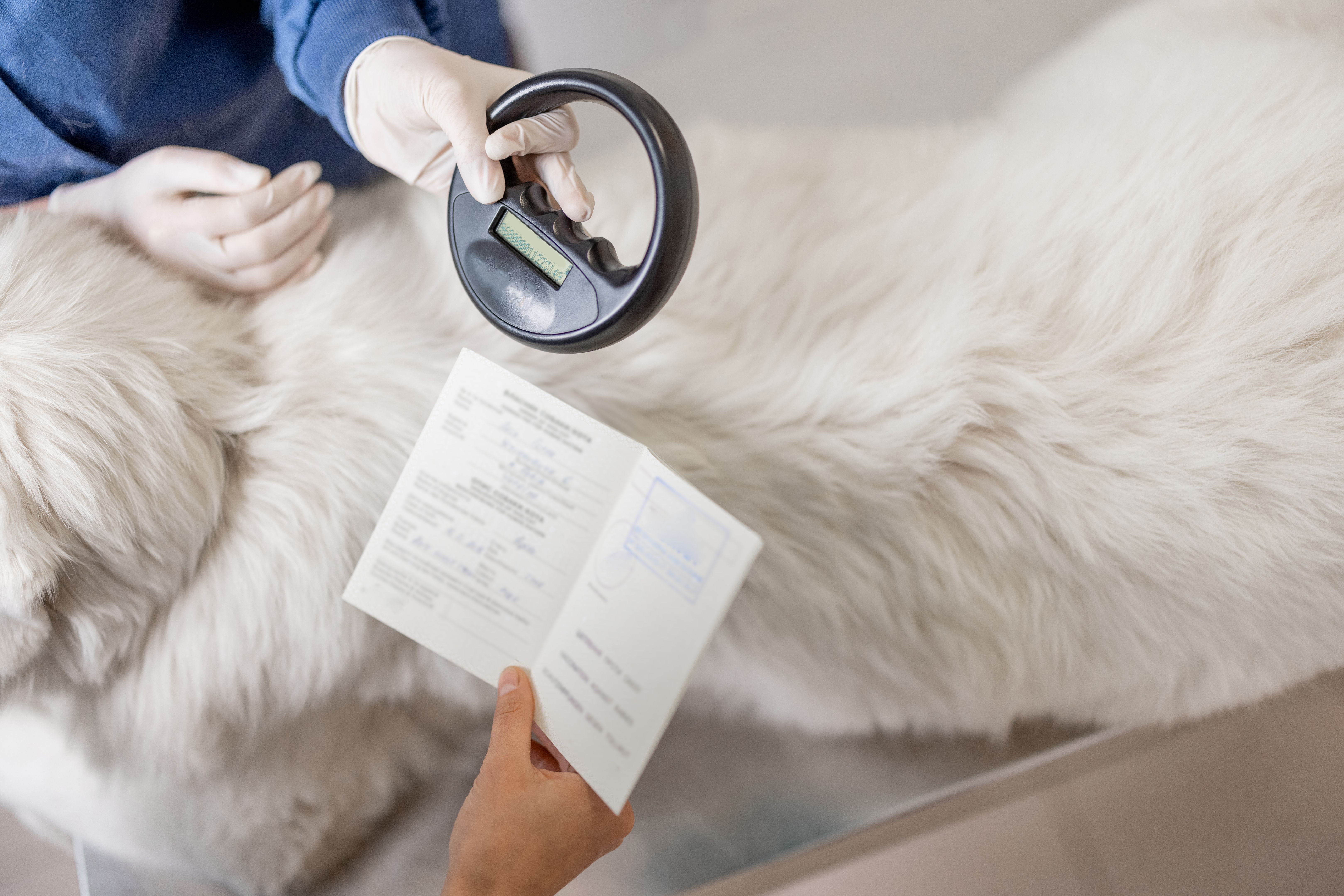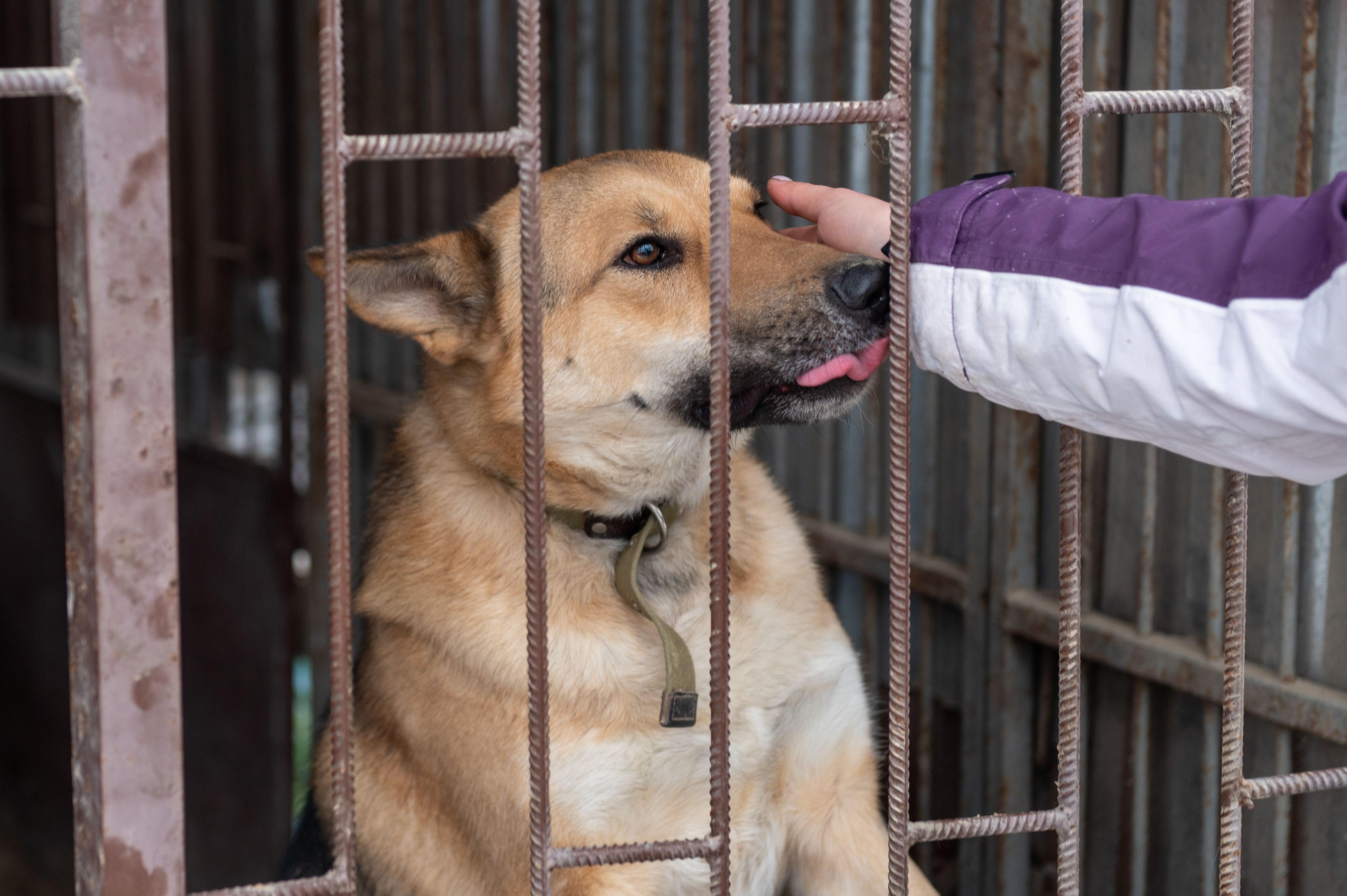Understanding the Process of Surrendering a Pet
Understanding the Process of Surrendering a Pet
Deciding to surrender a pet can be an emotional and challenging decision for any pet owner. It's important to recognize that sometimes circumstances change, and what once worked for both the pet and the owner may no longer be feasible. Understanding the process of surrendering a pet can help ease the transition for both parties involved.

Reasons for Surrendering a Pet
There are numerous reasons why someone might need to surrender their pet. Some common reasons include financial difficulties, changes in living situations, or behavioral issues that become unmanageable. Health problems or allergies can also play a significant role. It's essential to approach the situation with empathy and understanding, as these decisions are rarely made lightly.
Preparing for the Surrender
Before surrendering a pet, it’s crucial to explore all other possible options. Rehoming the pet with family or friends, seeking professional training for behavioral issues, or even consulting with a veterinarian for health-related problems might be viable solutions. If surrendering remains the only option, make sure to gather all necessary documents, including veterinary records and any other relevant information about the pet's history.

Choosing the Right Facility
Once the decision to surrender has been made, finding a reputable shelter or rescue organization is vital. Research local facilities to ensure they have a good reputation and provide adequate care. Many shelters have specific protocols in place for intake, so it is advisable to contact them in advance to understand their requirements and schedule an appointment if necessary.
The Surrender Process
During the surrender process, expect to fill out paperwork detailing the pet’s history, behavior, and medical records. This information helps the shelter or rescue organization provide the best care and increases the chances of finding a suitable new home for the pet. Be honest and thorough in your responses to give the animal the best opportunity for a successful transition.

Emotional Considerations
Surrendering a pet can be an emotionally charged experience. It's natural to feel guilt, sadness, or even relief. It might be helpful to reach out to support groups or counselors who can help process these emotions. Remember that by making this difficult decision, you are acting in what you believe to be the best interest of your pet.
Post-Surrender Actions
After surrendering a pet, it can be comforting to stay informed about its well-being. Some shelters offer updates on adopted animals, allowing previous owners to see how their former pets are adapting. Engaging in volunteer work at animal shelters could also provide a sense of connection and contribution to the well-being of other animals in need.

Understanding Legal Obligations
Be aware of any legal responsibilities involved in surrendering a pet. Some regions may have specific regulations or fees associated with the process. Understanding these obligations beforehand can prevent any unexpected surprises and ensure a smooth transition.
Ultimately, surrendering a pet is about ensuring the best possible future for an animal when circumstances no longer allow you to provide adequate care. By understanding the process and making informed decisions, you can help your pet make a successful transition to a new home.